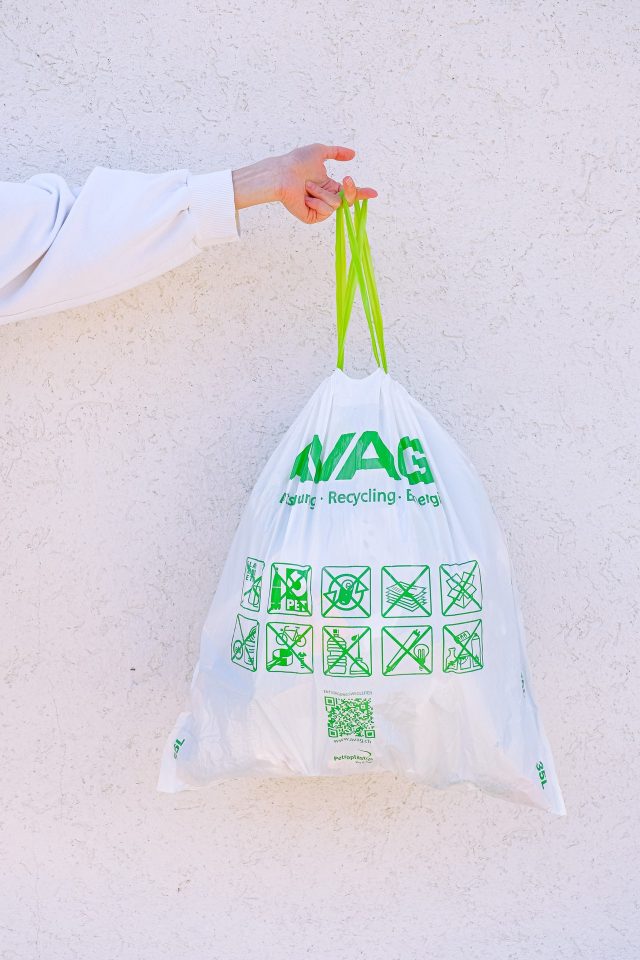Waste management in nursing homes is critical to ensuring that the building remains a safe environment for residents with appropriately controlled infection risks. Waste is potentially hazardous and, if not disposed of properly, can cause injury or infection.
Wippet created this guide to show care carers’ responsibilities when it comes to waste disposal in nursing homes, as well as guidelines for proper waste management.
What are the guidelines for waste management?
All employees are responsible for waste management and disposal, and they should be aware of how rubbish should be separated and stored before collection or disposal.
In accordance with The Health and Social Care Act 2008: Code of Practice on the Prevention and Control of Infections and Related Guidance, the UK government updates waste regulation and management guidelines regularly.
What are care responsibilities for the disposal of care home waste?
Nursing home staff are responsible for ensuring that waste is correctly disposed of from the time it is generated to when it leaves the premises.
All employees should be taught and made aware of waste disposal procedures. It is the legal responsibility of the care home, not the waste contractor, to ensure full compliance with environmental waste regulations.
Care home staff should handle waste properly by:
- Ensuring waste is segregated into the appropriate categories
- Labelling it according to the correct category.
- Putting it in appropriate containers for transportation away from the care home site
- Safely and securely storing it within the premises, away from areas of public access
- Properly describing the contents of a waste sack on the packing label
- Keeping proper records for all waste
- Giving the waste to a licensed waste management firm for proper disposal
How to safely segregate waste in care homes
Waste must be separated into the appropriate category for disposal and placed in the appropriate coloured bag with an identifying label, as required by law. The waste management staff at the care home should determine which category each waste item belongs to.
Each waste disposal category has a distinct coloured bin bag that must be used when disposing of the corresponding type of waste.
Orange bags for infectious waste
Infectious waste is defined as items contaminated with urine, faeces, vomit, sputum, pus, or wound exudate from a known, suspected, or at risk of infection source.
A good example of this is Conti wipes used to care for a resident suffering from a known illness. Moreover, clinical waste, personal protection equipment (PPE), incontinence pads, urine bags, single-use goods, single-use bowls, and dressings are some other examples.
Infectious waste can be treated to make it safe for disposal before being burned at a licenced facility.
Yellow bags with a black line for hygiene waste
Items contaminated with urine, faeces, vomit, sputum, pus, or wound exudate from inhabitants who are not at risk of illness.
Similarly to the above, an excellent example of this is dry wipes used to care for a resident not known to be suffering from an illness. In addition, PPE, incontinence pads, urine bags, single-use products, single-use bowls, dressings, feminine hygiene, nappies, and any other non-infectious goods, such as uncontaminated PPE, are also included in this category.
Urine, faeces, and vomit should all be disposed of in a filthy sewer (sluice or toilet). As long as no free-flowing liquid is present, they can be absorbed onto a disposable cloth, such as a paper towel, and deposited in the offensive waste stream.
Offensive/hygiene waste can be disposed of in a permitted or licenced facility.
Black, transparent or opaque bags for domestic waste
Domestic waste includes items such as hand towels, packaging, and newspapers that do not contain infectious materials, sharp objects, or medicinal products. Wherever possible, these items should be recycled.
Household waste can be disposed of in a licenced or permitted facility.
Wippet, the UK’s healthcare marketplace, is one of the best places to purchase all the products you need for proper waste management in care homes.













